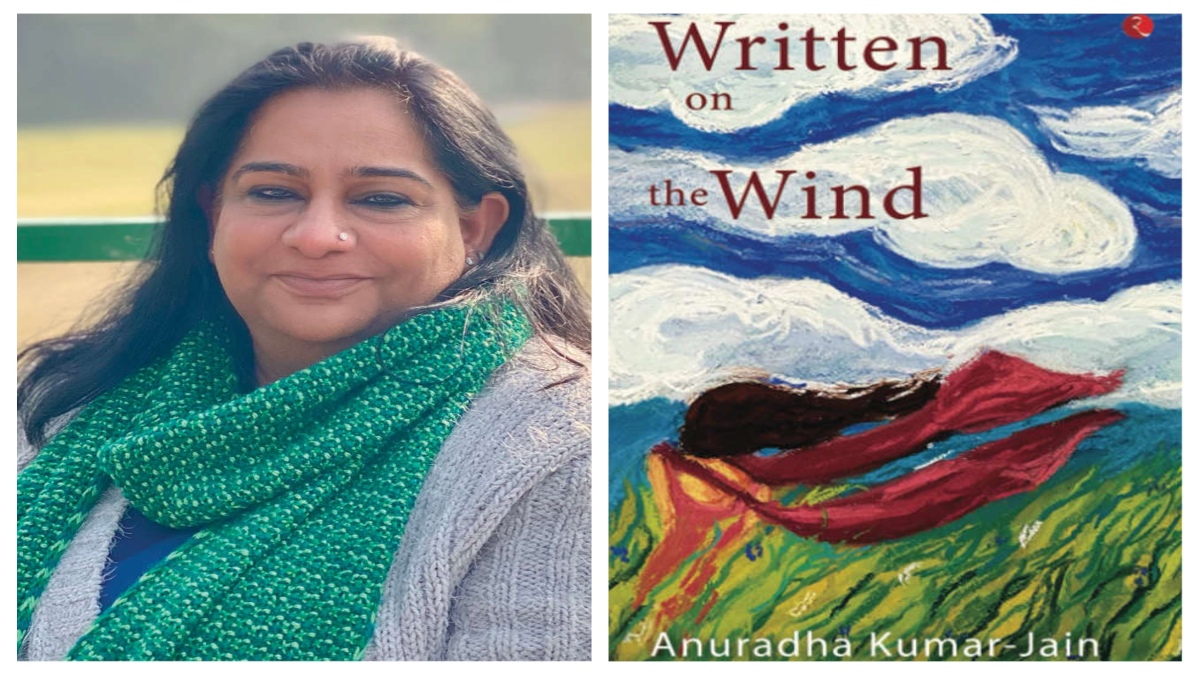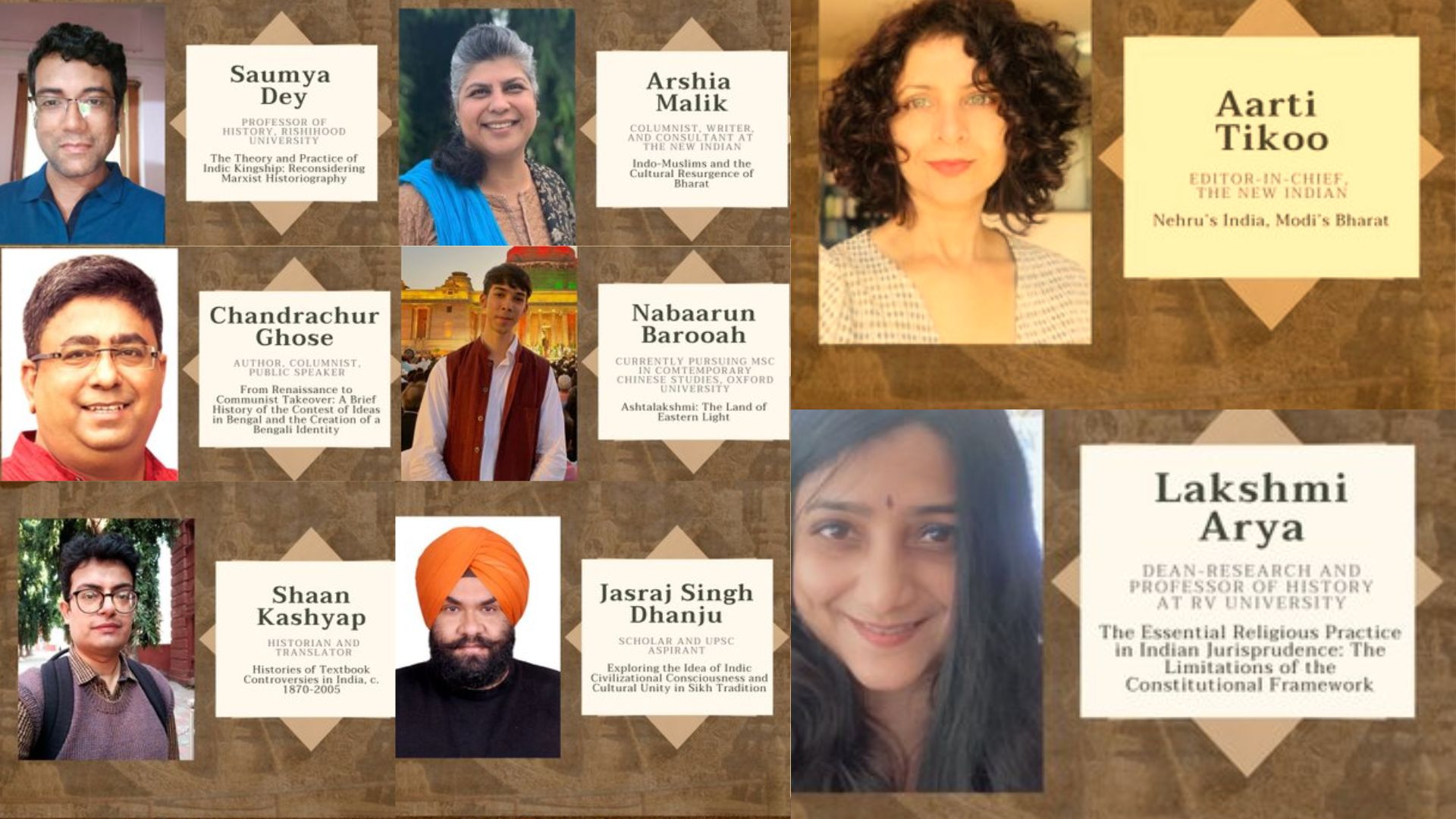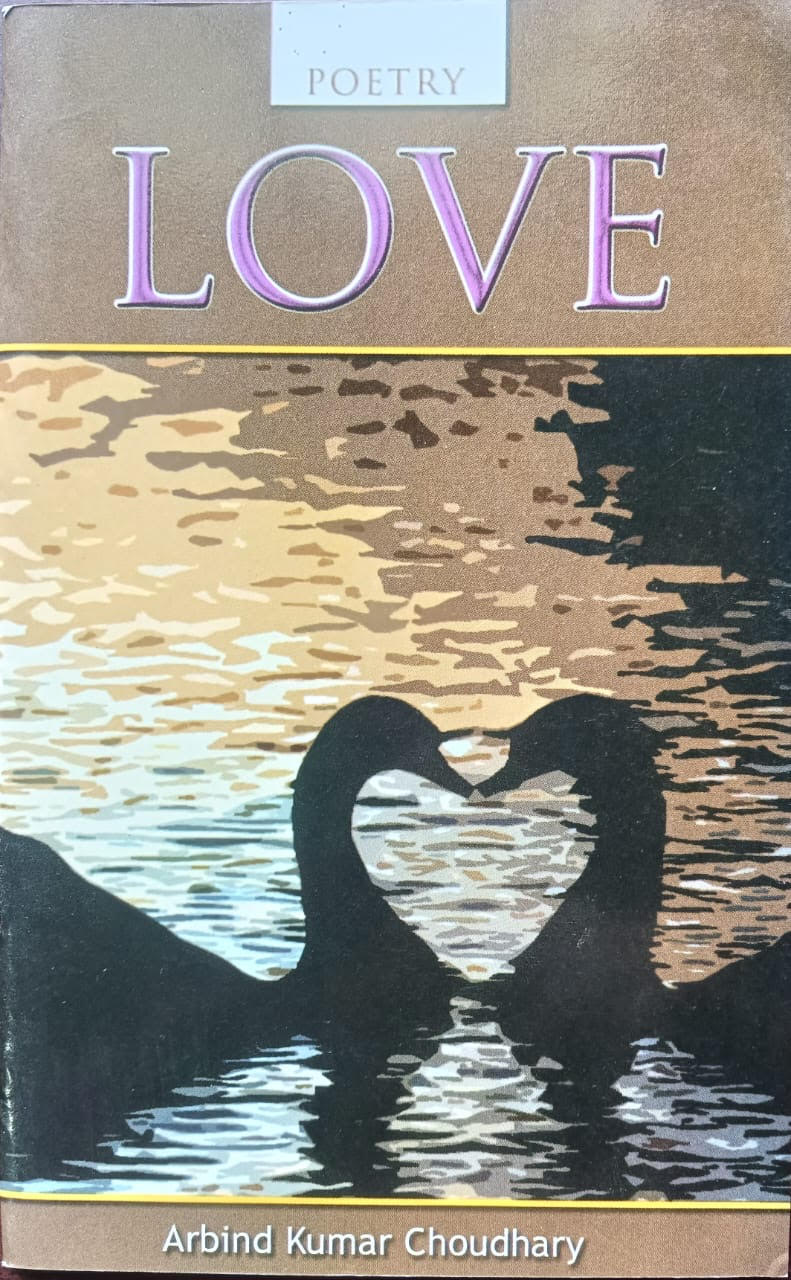Anuradha Kumar Jain describes Written on the Wind as a story of two women and the unexpected paths their lives take, the freedom struggle only acts as a backdrop. It is set in pre-Partition Lahore. Two strong women—Harjeet and Amiya—carve their paths amid the trials of life. Harjeet, who is from a well-respected landlord family of Punjab, is married to Gautam belonging to an equally prominent Khatri family of Lahore. Being deeply dissatisfied with her life, Harjeet enters into a passionate affair with a Muslim man named Haider. Amiya, who is born out of wedlock to a British army officer and a Brahmin girl, is married at the age of 19 to a clerk at the postal department in Lahore Ishwar Chand. We get an insight into her troubled marriage, her struggle to achieve financial independence and how she becomes a published writer. Along the way, Amiya develops an unlikely friendship with Gautam. It chronicles the choice she must make, and the secret she must live with and you have to read the book to know that.
On what influenced her to pen down Written on the Wind, Anuradha says, “Both my parents were refugees from Pakistan and my growing years were filled with stories about the land and the lives they had left behind. Those were narratives of loss but also of love and humour and family gossip and I found in myself a desire to document them before they were lost forever. So, this book was born.”
While researching for Written on the Wind (published by Rupa Publications) she went through several texts about Partition and freedom struggle which made her better understand the struggle and sacrifice that went into India achieving independence. “A lot of research went into the book as I wanted the historical facts to be as factually accurate as possible. I read a lot about the partition and freedom struggle. It was humbling to realise how much struggle and sacrifice went into getting the country freedom,” highlights Anuradha.
Commenting on Harjeet and Haider’s relationship against the backdrop of the growing Hindu-Muslim divide, she says, “I picked this relationship between a Hindu and a Muslim to show that love is a stronger force than hatred and transcends the boundaries of religion and caste.”
Sharing a glimpse of how Amiya becomes a published writer, Anuradha explains, “Amiya writing journey begins as an unnamed translator for children’s stories, from there she graduates to writing short stories and poems under her own name. Her work is good and is soon noticed and gradually she gets published in all the major magazines and newspapers of Lahore. She meets Gautam at a Mushaira, where she is invited to read a poem.”
And from there unlikely friendship blossoms. She told us that the wind in this book signifies destiny or Karma or Kismet—an unknown force that controls our lives, our past, present, and future. The title Written on the Wind reiterates that some things in life are just meant to be and that there is a definitive purpose to the paths our lives eventually take.












